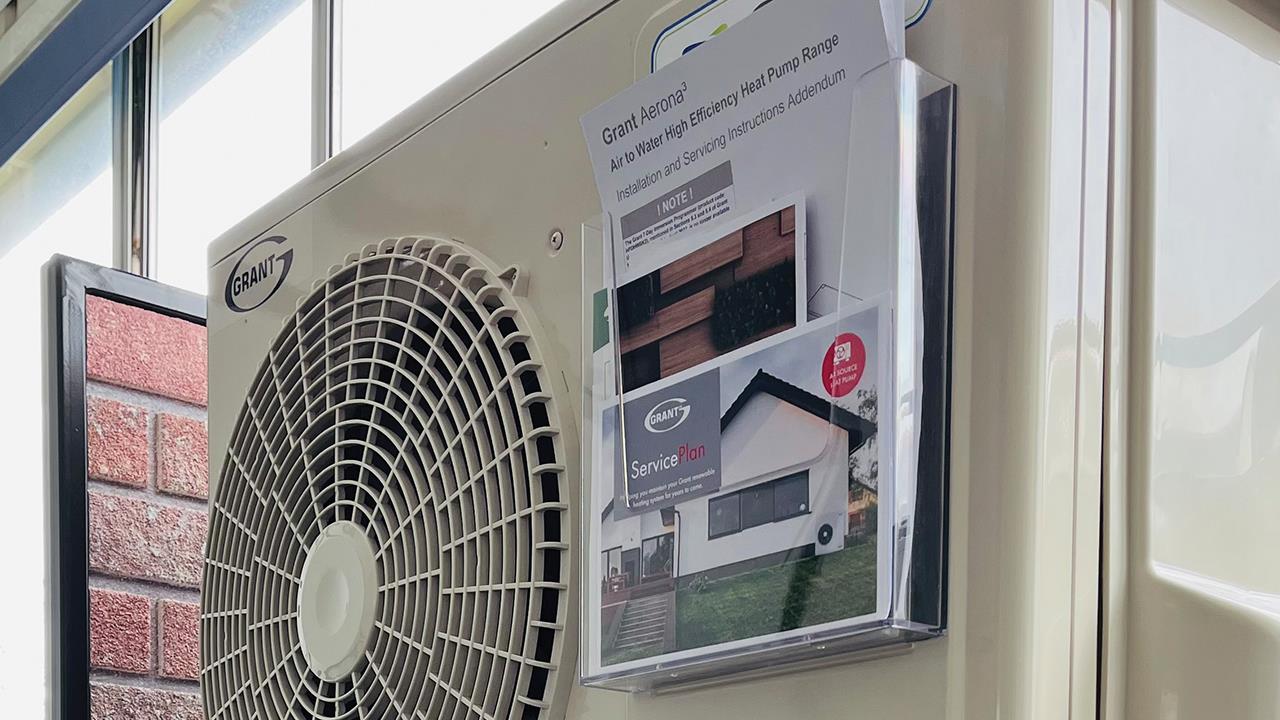

Heat pumps are a key part of the UK’s future heating requirements, providing a low carbon solution that has been proven to perform well in all types of housing. However, the UK has one of the lowest installation rates in Europe, with 5.64 heat pumps for every 1,000 people.
Economic barriers are a significant part of the problem. Gas central heating is cheap and reliable, and while most consumers understand and support the need for a transition to low carbon heating in theory, gas still works for them and millions of others, so why would they switch?
For installers, heat pumps are more complex to specify than gas boilers and many lack the confidence to make accurate heat loss calculations or explain the benefits to their customers. We are at a tipping point where installers recognise the need to upskill but are yet to take the plunge.
To solve both problems, we need to make the installation process as foolproof as possible, leading to installer confidence, high quality installations, and better informed customers who are more likely to opt for low carbon technologies.
Unfortunately, there are a number of claims out there about heat pumps which are acting as barriers to following this course of action. Here are some common consumer misconceptions about heat pumps, which installers can help to debunk:
They need a warm climate
False – interim results from the Electrification of Heat demonstration project (EoH), which monitored 742 heat pumps in a representative range of UK homes, showed only a small drop in efficiency during cold weather, with air source heat pumps (ASHPs) operating at 244% efficiency compared to the average Seasonal Performance Factor (SPF) of 2.8, or 280% efficiency.
High temperature heat pumps are an alternative option for customers who remain concerned. ‘High temperature’ demand is minimal, so efficiency levels remain competitive, but they have the ability to ‘power up’, if needed.
Lower running costs
Not necessarily. This can be difficult for end-users to get their heads round. Whether they save on running costs depends on what they are switching from, and current energy costs.
Generally, heat pumps produce approximately three times more heat per unit of energy than gas, however, the average price of electricity is currently 34p/kWh, compared to 10.3p/kWh for gas.
Only good in new homes
Again, the EoH has provided evidence to rebut this myth. Older homes will, however, probably require more retrofitting, for example, roof, wall, or floor insulation to get the most out of the heat pumps.
With increased access to tools and training, installers can confidently advise end-users on the best value solution. If electricity prices come down or a homeowner is making their own power, using solar PV for example, the increased electricity used to warm an older home becomes less of an issue.
Take up too much space
Consumers with combi boilers have become accustomed to having a nice big airing cupboard without a cylinder. Believe it or not, this is a significant barrier to heat pump uptake, accounting for around a 40% drop off in enquiries. Manufacturers are rising to this challenge however, with cylinders designed to fit in loft spaces.
Difficult to maintain
Heat pumps require regular maintenance, just like any other heating or cooling system, but they are not particularly difficult to maintain.
In the future, every consumer will have access to software that keeps all relevant paperwork in one place, and provides notifications when maintenance is due, resulting in a better customer experience.
Ultimately, we need everything to come together now; passionate, knowledgeable, and skilled installers are the first step in taking the heat pump message to consumers and changing the, often misguided, narrative about heat pumps.
If you'd like to keep up-to-date with the latest developments in the heating and plumbing industry, why not subscribe to our weekly newsletters? Just click the button below and you can ensure all the latest industry news and new product information lands in your inbox every week.